Stephen Wolfram shares interesting Facebook data analysis finds from the Data Donor program of Wolfram|Alpha Personal Analytics for Facebook.
Research and publish the best content.
Get Started for FREE
Sign up with Facebook Sign up with X
I don't have a Facebook or a X account
Already have an account: Login

 Your new post is loading... Your new post is loading...
 Your new post is loading... Your new post is loading...

Christophe CESETTI's curator insight,
February 17, 2013 3:52 PM
more here about who control the world http://pear.ly/59Zn 
Raphael Souchier's curator insight,
February 18, 2013 7:38 AM
0,024% of TransNational Corporations (146 of them) control 40% of all TNC's value. "Too connected to fail"? The science of Complexity may help us understand how this emerging system works and where this leads us. |
|



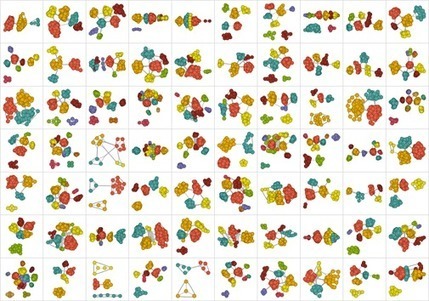


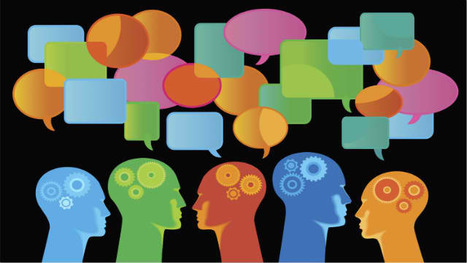
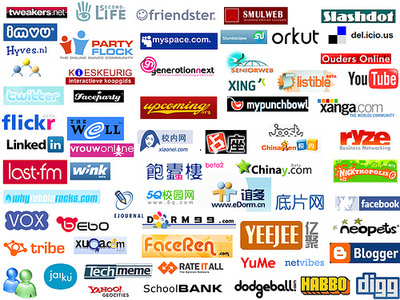
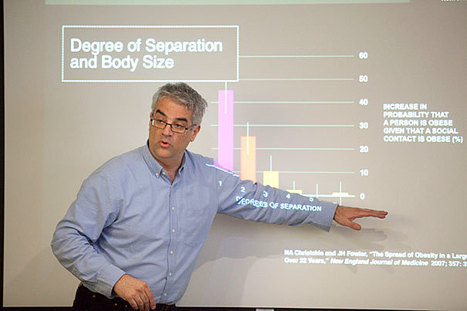

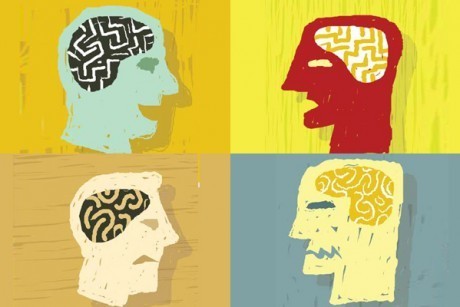





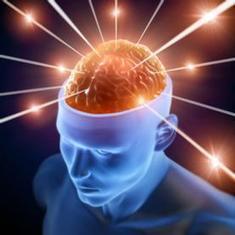


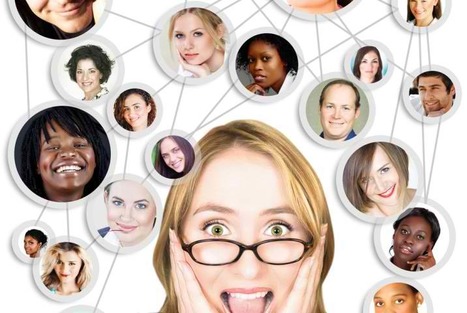










We’re starting to be able to train a serious “computational telescope” on the “social universe”. And it’s letting us discover all sorts of phenomena. That have the potential to help us understand much more about society and about ourselves. And that, by the way, provide great examples of what can be achieved with data science, and with the technology I’ve been working on developing for so long.